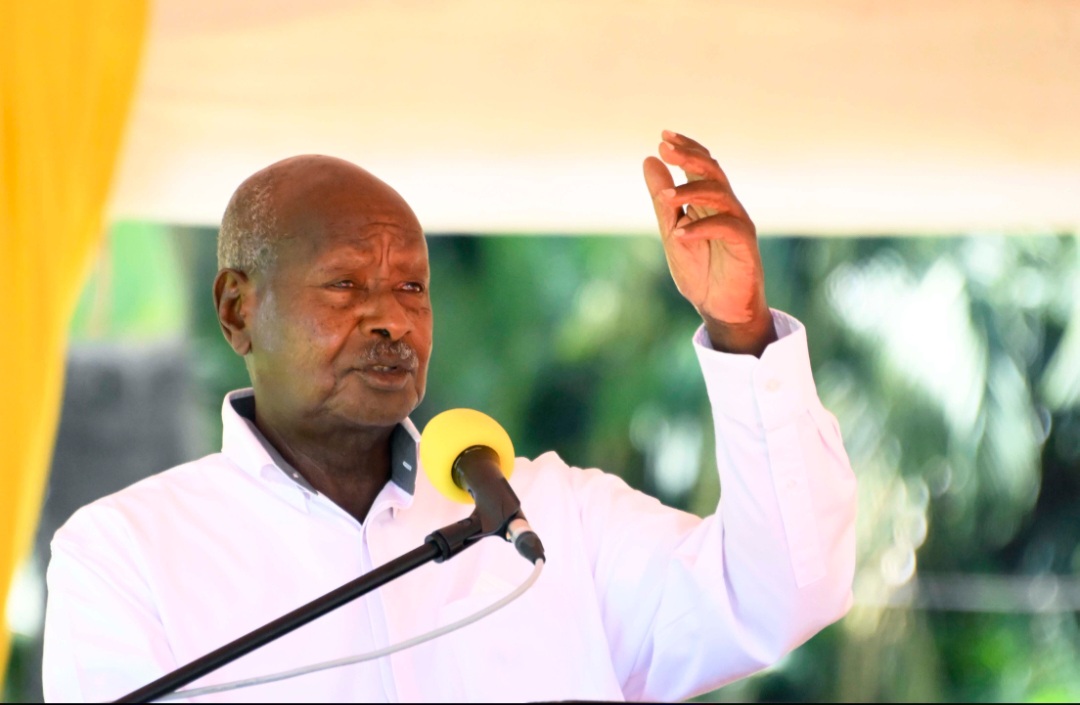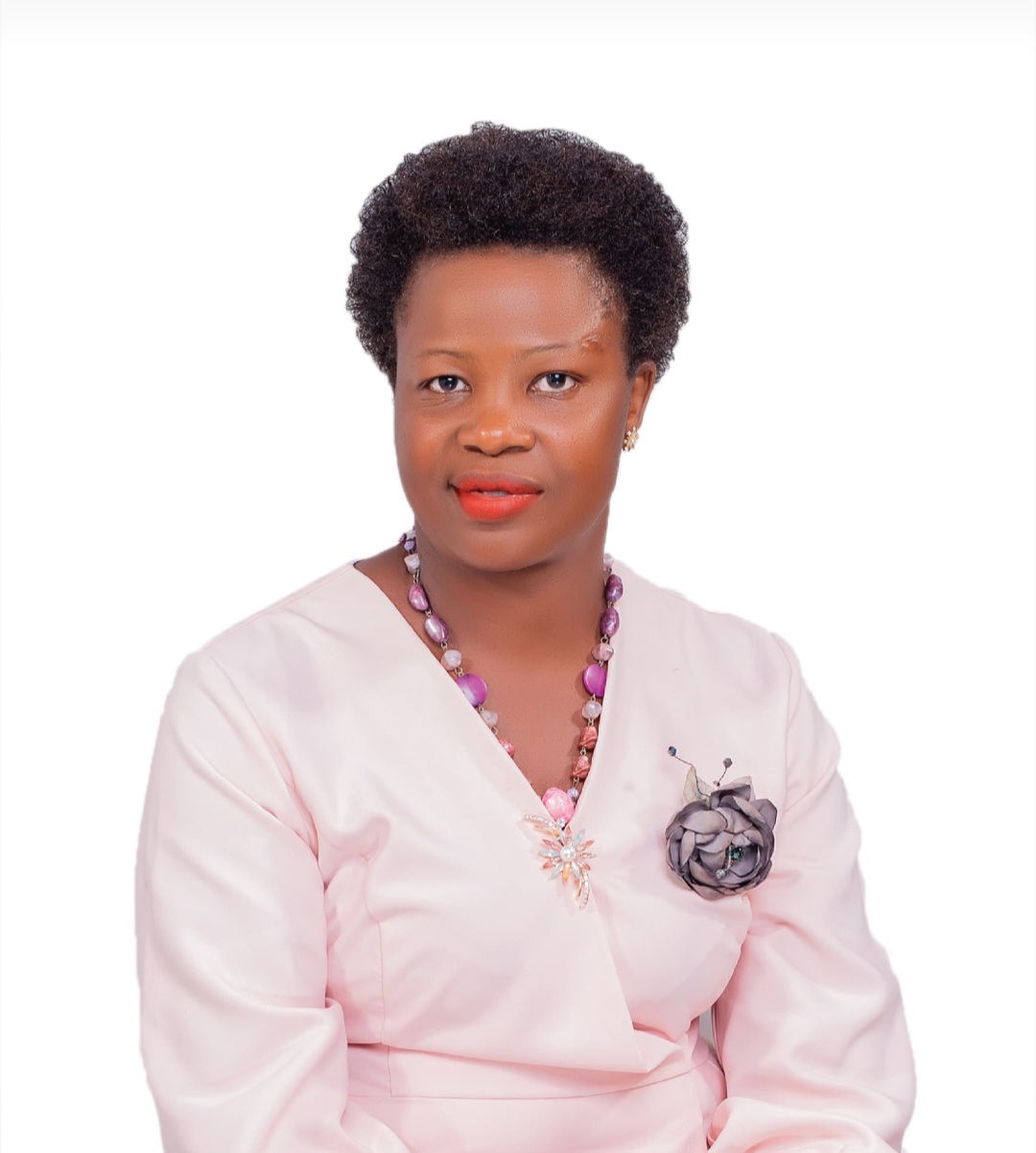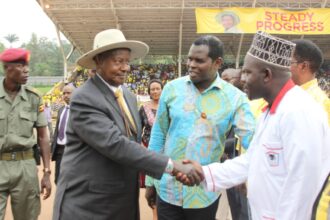As we approach the 15th of September, a date marking the birthday of His Excellency President Yoweri Kaguta Museveni Tibuhaburwa, we are reminded not only of his personal milestone but of the enduring legacy of a man whose life has been interwoven with the story of Uganda’s liberation, peace, and development. Museveni’s journey from a young revolutionary to the long-serving president of Uganda is one of political determination, ideological clarity, and an unwavering commitment to stability. Yet, it is also a narrative deeply steeped in the philosophical ideals of governance, the legal contours of statecraft, and the delicate balance of power that has shaped Uganda’s trajectory.
Museveni’s entry into Uganda’s political landscape was not merely a response to power but a reaction to the moral and political chaos that defined the 1970s. The country was embroiled in tyranny under Idi Amin and later under Milton Obote, leading to widespread insecurity, economic devastation, and the collapse of legal institutions. The liberation struggle led by Museveni and his National Resistance Army (NRA) was, at its core, a fight for justice, human rights, and the re-establishment of the rule of law.
When Museveni’s forces triumphed in 1986, ushering in the National Resistance Movement (NRM) government, Uganda experienced a turning point. It was not just the end of one form of dictatorship, but the birth of a vision where politics, security, and governance were redefined to serve the people. The liberation struggle was a philosophical statement, declaring that power in Uganda would henceforth belong to those who wield it with the intention of securing peace, ensuring justice, and rebuilding state institutions.
President Museveni’s philosophy of governance, as outlined in his writings and speeches, reflects an understanding of leadership as a sacred trust with the people. His leadership has been guided by what he often refers to as the “fundamentals” — security, political stability, and economic growth. His views on power, shaped by his experiences in the bush war, recognize that true leadership is about service to the nation rather than personal aggrandizement. It is about guiding the state in a manner that ensures that future generations will inherit a nation not crippled by conflict, but strengthened by peace.
Over the years, Museveni has articulated a Pan-Africanist vision, extending Uganda’s influence in the region while strengthening internal political structures. His presidency has been marked by a pragmatic approach to governance—where security is the foundation of development, and political engagement is used as a tool to achieve long-term peace. The 1995 Constitution, forged under his leadership, symbolizes his efforts to institutionalize democracy, decentralize power, and provide a legal framework for governance.
However, President Museveni’s long tenure at the helm of Uganda’s leadership also raises important legal and political questions about power and constitutionalism. His continued presidency has spurred debate about the nature of democracy in Uganda, the rule of law, and the boundaries of political authority.
In a constitutional democracy, legal systems are designed to distribute power in a manner that prevents its concentration. Yet, Museveni’s ability to maintain power for nearly four decades demonstrates the complexities of political leadership in post-colonial African states. His administration, while focusing on state stability, has faced challenges around maintaining the integrity of democratic processes, especially concerning term limits and political pluralism.
From a legal standpoint, Museveni’s governance reflects the tension between order and freedom, between continuity and change. For his supporters, his rule represents continuity—a necessary condition for the sustained growth and peace of Uganda. For his critics, the legal amendments that have allowed for the extension of his rule raise concerns about the erosion of democratic checks and balances.
The political future of Uganda rests on how the legal frameworks set by Museveni’s administration evolve. His leadership, while ensuring Uganda’s stability, has also created the need for careful legal transitions that will uphold the democratic ideals established in the post-liberation era.
Philosophically, Museveni’s rule raises profound questions about the nature of leadership in Africa. Can a leader’s extended rule be justified if it guarantees stability and growth? Or does the concentration of power inherently undermine democracy, no matter the outcomes? Museveni’s leadership forces us to consider the nature of authority—not simply as the exercise of power, but as a moral responsibility to serve the collective good.
His approach to governance has often highlighted the need for African solutions to African problems. In Museveni’s view, imported democratic models may not always fit the unique socio-political realities of African states. His emphasis on gradual political reform, rather than abrupt transformations, reflects a political philosophy that prioritizes peace and stability over idealistic experiments.
Museveni has remained consistent in his belief that for African nations like Uganda, a period of extended stability under a visionary leader is essential for laying the foundations of democracy, rather than democracy being an automatic guarantee of stability.
As President Yoweri Kaguta Museveni Tibuhaburwa marks another birthday, his legacy as a liberator, political leader, and statesman invites reflection on Uganda’s past, present, and future. His leadership has been both a shield and a sword—securing the nation from the chaos of its past while shaping its political landscape for decades to come.
Since taking office in 1986, Museveni has achieved remarkable milestones that have transformed Uganda. His administration has overseen significant improvements in the country’s infrastructure, education, and healthcare. Major achievements include the construction of critical infrastructure such as roads, dams, and airports, which have opened Uganda to regional and international markets.
Under his leadership, Uganda’s economy has seen substantial growth, moving from recovery after decades of conflict to becoming a regional economic hub. Museveni has also championed agricultural modernization through various programs that have uplifted millions of Ugandans from subsistence farming to commercial production.
In terms of security, his government has effectively neutralized major rebel threats, particularly the Lord’s Resistance Army (LRA), bringing long-sought peace to northern Uganda. The professionalization of Uganda’s armed forces has also enabled the country to contribute to regional peacekeeping missions, enhancing its international stature.
Additionally, his focus on education has led to the introduction of Universal Primary Education (UPE) and Universal Secondary Education (USE), increasing access to education for millions of children. Health sector improvements, including efforts to combat HIV/AIDS, malaria, and maternal mortality, have seen significant strides under his leadership.
In the energy sector, the commissioning of the Bujagali and Isimba hydroelectric power plants has boosted the country’s electricity generation, supporting industrialization and job creation. Museveni has also been instrumental in driving Uganda’s oil exploration efforts, positioning the country to become a key player in the global energy market.
In the years ahead, Museveni’s legacy will continue to be debated by scholars, politicians, and citizens alike. Yet, one thing remains clear: his role in Uganda’s political history is undeniable. His impact on the country’s legal and political structures will resonate long after his time in office, shaping the way Uganda navigates the complex relationship between power, governance, and the rule of law. As we celebrate his birthday, we not only honor his personal journey but also the nation’s enduring pursuit of peace, justice, and progress—a pursuit that began with Museveni’s struggle for liberation and continues under his guiding hand.
Do you have a story in your community or an opinion to share with us: Email us at Submit an Article








